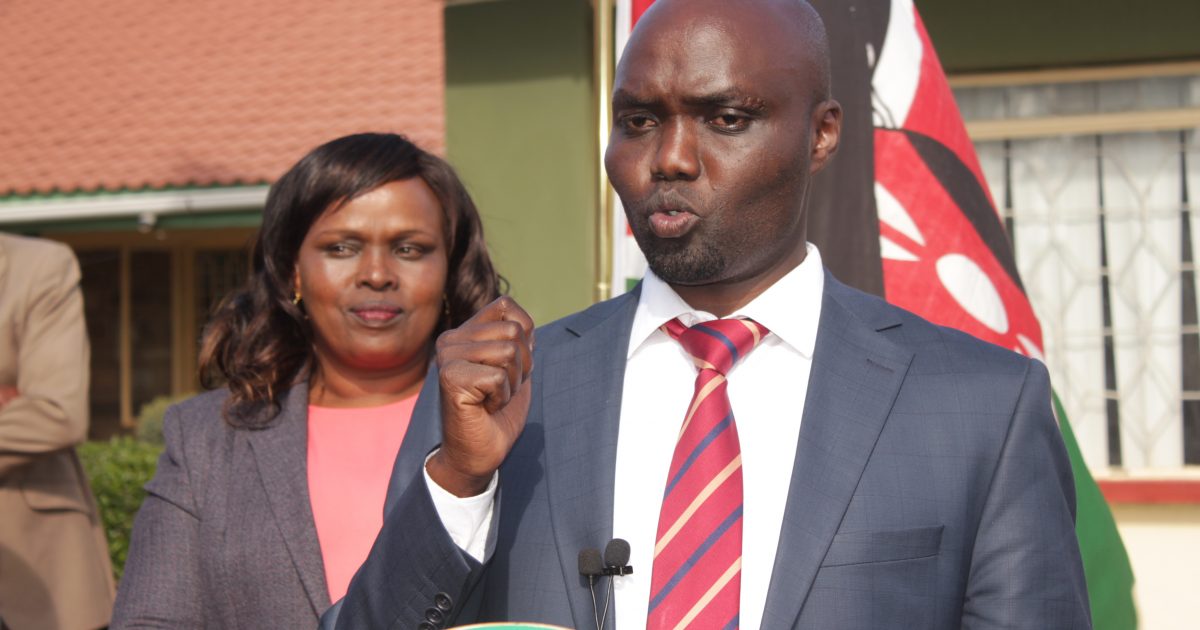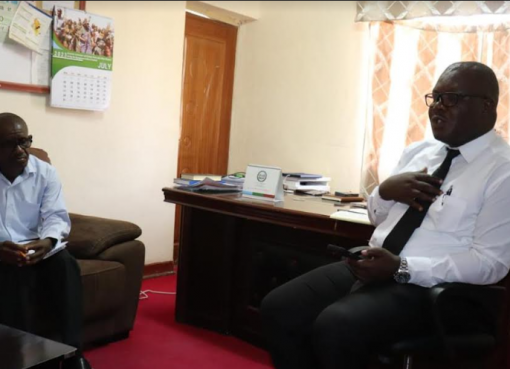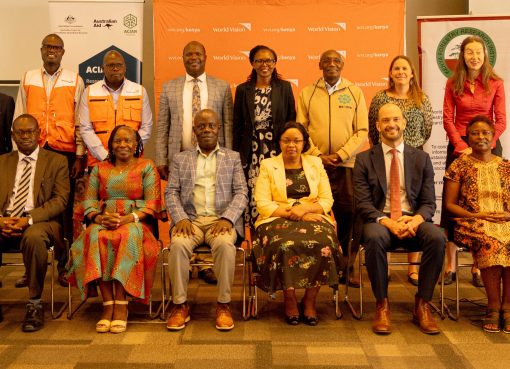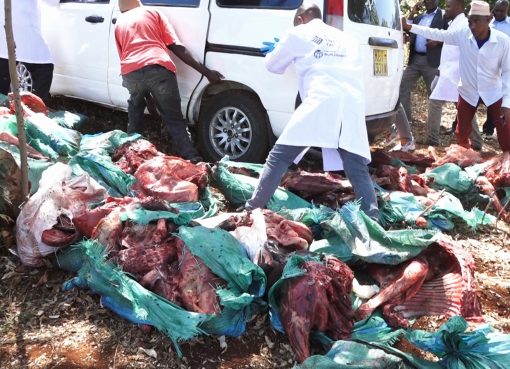Elgeyo Marakwet governor Wisley Rotich has urged Members of the County Assembly to amend the Equity Development Act informed by the experiences of its implementation in the last seven years.
The Act, which was passed in 2015 by the first assembly, has seen 60 percent of development funds from the county distributed equitably to all the 20 wards with each ward getting approximately Sh40 million where residents decide on the projects to be implemented.
Speaking during the official opening of the Assembly, the governor acknowledged that while the act has ensured equity, fairness and objectivity in the allocation of the annual development budget, most of the projects implemented have mainly been physical in nature and small in scope.
He expressed his wish that wards would amalgamate the many projects per ward per year into a few mega projects which will be productive saying this will see each ward use 50 percent of the allocation to get a job creation opportunity while the other 50 percent goes to funding other social projects.
“It is also my desire that going forward, this approach can be remodeled to shift focus to the operationalization of the already constructed physical infrastructure through the provision of equipment, for example,” he reiterated.
Rotich said, given the sharp rise in urbanization witnessed in the last decade in the county attributed to growth in trade and the fast expansion of alternative sources of livelihoods away from the traditional resources, there was a need to include urban areas in the annual budget allocation.
He said this can be done through the passage of relevant laws or by amending current laws such as EDA to accommodate urban areas.
“As a county, we must always be proactive in our approach towards a continuous focus on waste management mechanisms, street lighting, improving non-motorable roads, beautification and physical planning of urban lands,” he said.
The governor noted that though the county needs land for the establishment of sewerage and solid waste site and to set up a 100-acre industrial park where investors can establish industries and create employment, such land is not available to the county government.
He, therefore, called on stakeholders to find a solution by identifying a suitable piece of land large enough for the purpose.
Rotich disclosed that the county has not been able to optimize its local revenue sources due to challenges like insecurity in the Kerio Valley adding that only 25 percent of its budget goes to development which is way below the 30 percent recommended.
The governor said to address the challenge, his administration had commenced plans to create an office for resource mobilization and partnerships.
“The office shall be mandated to explore partnership opportunities with institutions both local and international to supplement the equitable share allocation and own generated revenue,” he said.
By Alice Wanjiru and Allan Bwire





